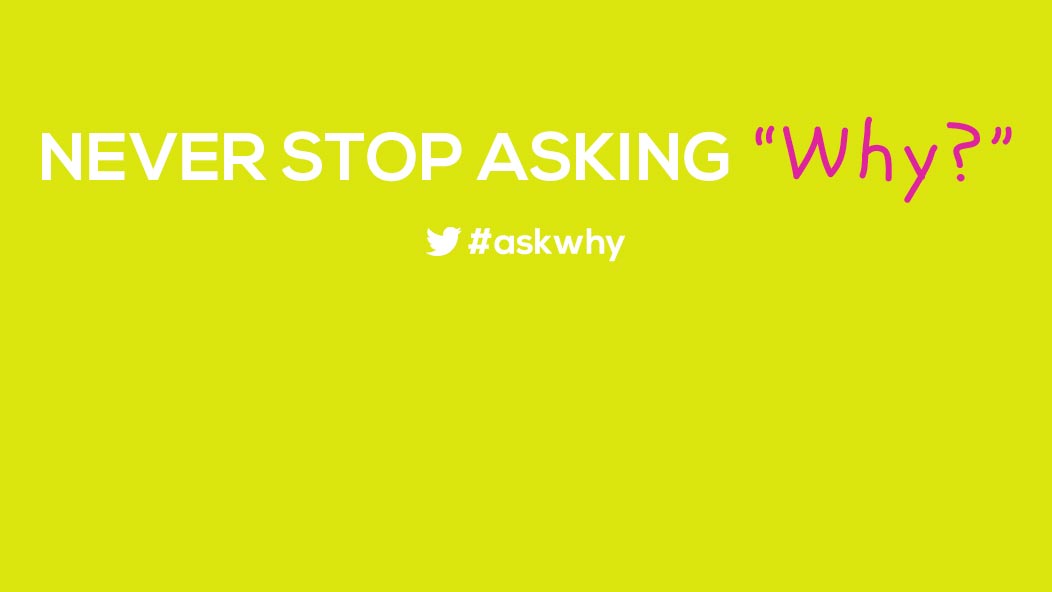
If you’ve ever been stung by a bee, you know how painful it can be. But why does this happen and how can you avoid it? For the answer to this question, we look to our friends at wonderopolis.org for help.
Many animals have developed ways of protecting themselves. An octopus can shoot ink to distract or blind a predator. Turtles have hard shells that they can hide inside of when threatened. Bees have their own protective weapon - their stinger. And while one sting isn’t much of a threat to most people (unless they are allergic to bees), their strength is in their numbers.
Honeybees, the most common type of bee you will see in America, are a remarkable insect. Without them, we would not have much of the food and produce you see in a grocery store, and many flowers and plants would die. This is because bees pollinate plants and help them create more plants by spreading pollen from plant to plant when they search for food.
Bees are in a constant search of food to bring back to their hive and feed young bee larva. They bring pollen back to the hive while they eat nectar which is a sweet liquid produced by some plants. This is why you will see bees around a can of soda or a garbage can. They are attracted to the sweet scent of sugar.
It is important to remember that not all bees have stingers. You may see large drone bees around your garden from time to time. They can be many times larger than your normal honeybee, but they don’t have a stinger. The smaller honeybees do have stingers attached to their abdomen which they can use to defend themselves or their hive.
Bees will rarely sting you unless you provoke their hive or if you accidentally squish or step on one. It can be annoying when a bee is flying around your head, but it is likely just checking out your cologne or perfume, or maybe it was attracted to a brightly colored shirt and it thinks you are a flower. Once it finds out you are not food, it will likely fly away. However, if you stumble upon a bee hive and are viewed as a threat, bees will sting you (or any other animal). They will also release a pheromone that will attract other bees to the threat and they too will be looking to protect their home. Bees can be very dangerous in large numbers. You should never disturb a beehive and always call a professional beekeeper for help if you need one removed.
A bee’s stinger has a barb on the end, much a like a fish hook. When it stings you the stinger stays in your skin even when the bee flies away. Losing a stinger and the pieces of their body that it is attached to kills the bee, but it also means you have to get the stinger out because it can inject venom into you for up to 10 minutes after a sting, and the venom is what causes pain.
So there you have it. Bees sting either because they are confused, stepped on or threatened, and it is their only defense to get you away.
Avoid bee stings by following these simple tips:
- Wear shoes when you’re outside. Many bee stings are a result of people stepping on bees without even realizing it.
- Don’t wear perfume or cologne if you’re going to be outside as it can attract bees.
- Tightly cover food, especially sugary foods and drinks, when outside.
- Seal trash cans or avoid spending time near them because bees are drawn to garbage.
- If you see a bee hive, stay away and alert the people around you. Call a professional beekeeper and they will remove the hive if it is a threat to humans.
Want to learn more about bees and how they pollinate plants? Try this Saturday Science experiment!









